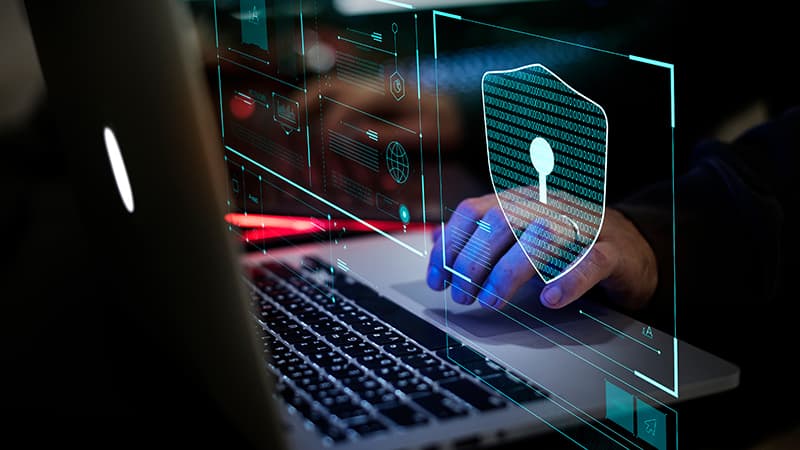About the cyber forensics degree concentration
Cyber crimes know no borders, and today’s criminal justice professionals must be equipped to properly investigate these cases.
Cyber crimes know no borders, and today’s criminal justice professionals must be equipped to properly investigate these cases.
PennWest California’s B.S. in Criminal Justice: Cyber Forensics degree focuses squarely on the rapidly evolving field of digital forensics.
In required concentration courses and targeted electives, you’ll study the technologies, laws and procedures associated with identifying, collecting, analyzing and presenting digital forensic evidence.
You’ll also have opportunities to achieve industry-recognized certifications through PennWest California’s partnership with CompTIA: The IT Industry Association, earning credentials that can enhance your career.
Get hands-on training in computer forensics.
This program includes advanced, hands-on training in cyber security, computer forensics and cybercrime investigation techniques. You’ll learn to:
- Use best practices in conducting efficient, high-quality forensics investigations.
- Acquire digital evidence through a fundamental understanding of computer operating systems, file systems and cutting-edge computer forensic tools.
- Undelete files, restore social media data, discover online search terms, track and trace email, identify encryption techniques and investigate cellular phone records.
- Follow the law and ensure a proper chain of custody as you collect, preserve, analyze and present digital evidence.
The program also introduces you to industry trends, so you’re ready to respond to new threats as they emerge.



